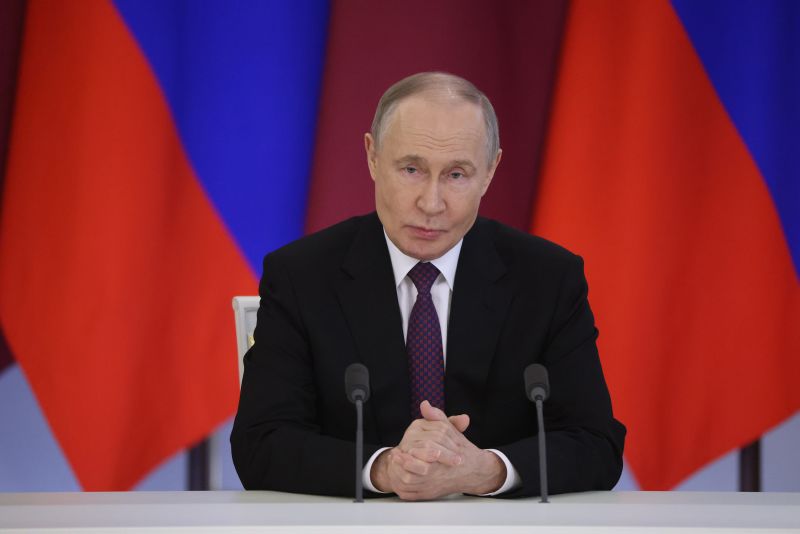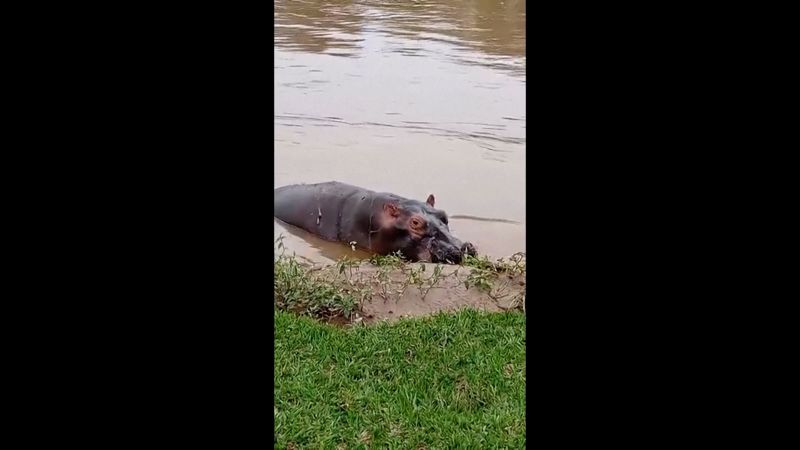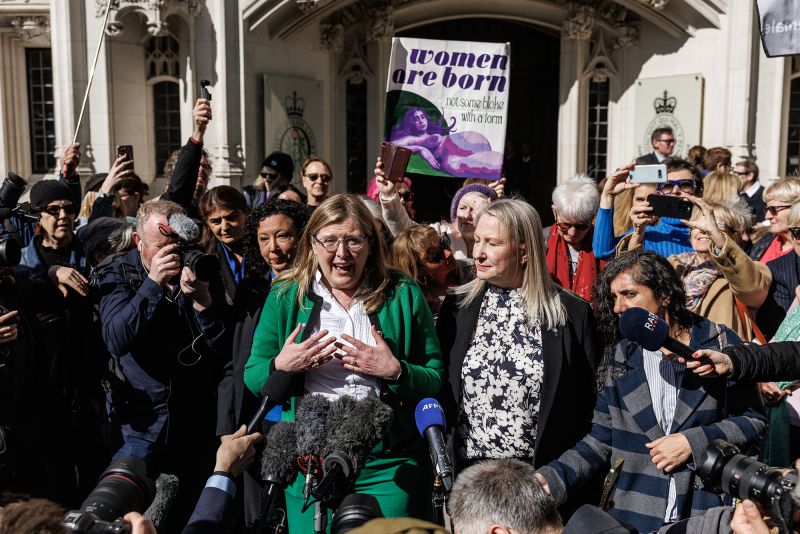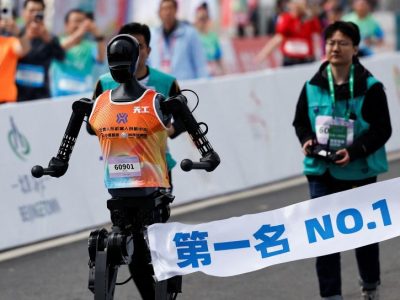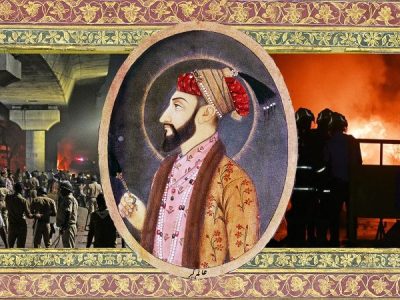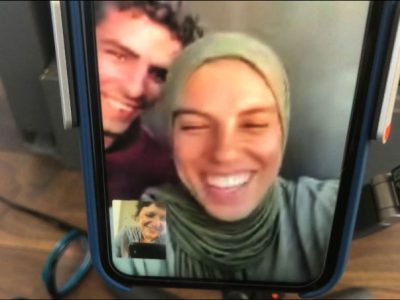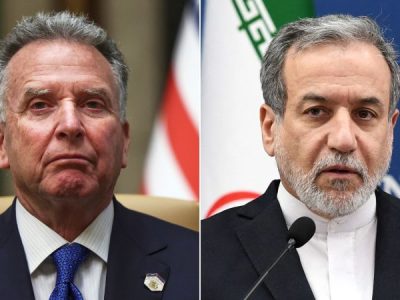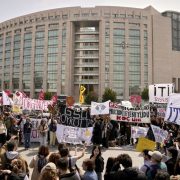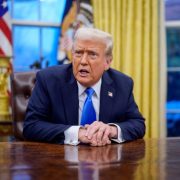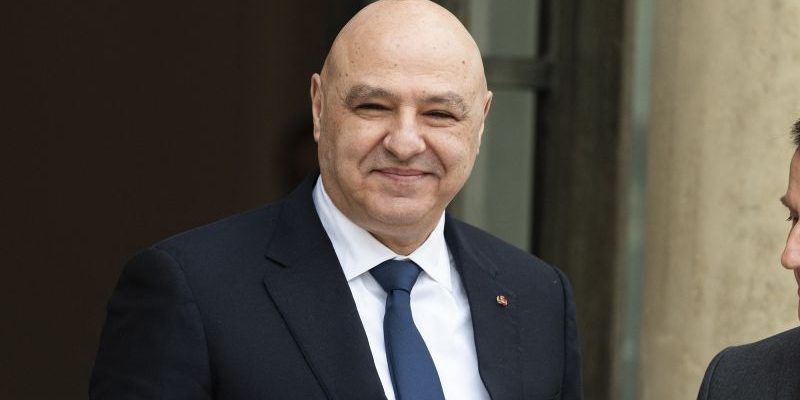
Lebanese President Joseph Aoun said he hopes Iran-backed Hezbollah can be disarmed this year, following an Israeli military campaign that left the group decapitated and significantly weakened.
“We hope that Hezbollah’s weapons will be withdrawn or that their possession will be restricted to the state in 2025, and this is what I am striving for,” the United States-backed president said during an interview with Al-Araby Al-Jadeed published on Tuesday.
Hezbollah was formed in the aftermath of the Israeli invasion of Lebanon in the early 1980s, and has grown to become a formidable rival political and military force within the country. The militants have long resisted calls to disarm.
“As for Hezbollah members, they are ultimately Lebanese, and if they want to join the army, they can undergo so-called absorption courses,” Aoun said, adding that the group would not be allowed to function as a distinct unit within the Lebanese army.
He stressed however that the process could only be done through dialogue.
“We want to withdraw Hezbollah’s weapons, but we do not want to ignite a civil war,” he said.
Experts say that while Hezbollah may prefer to retain its arms, Israel’s weakening of the group and its continued attacks on Lebanon along with pressure from the Lebanese government may make the once inconceivable prospect a reality.
Until its conflict with Israel last year, Hezbollah was widely regarded as the most formidable non-state armed group in the Middle East, with tens of thousands of missiles and a well-trained military force.
Aoun said the government has yet to speak to Hezbollah about the matter, but that Speaker of Parliament Nabih Berri, a Shiite politician allied to the militant group, “is in full agreement” that the state should have a monopoly over arms. Berri served as the mediator between Hezbollah and the US in talks last year to reach a ceasefire with Israel.
Aoun’s ‘delicate position’
Some experts say that while Aoun is facing pressure from both Israel and the United States to quickly disarm Hezbollah, he is nonetheless wary of the precarious situation he is in.
Last week, Hezbollah lawmaker Hassan Fadlallah said in a news conference that the group is ready for dialogue with the Lebanese government on the country’s defense strategy. Woods said that offer means that Aoun’s proposal “may not seem that confrontational.”
Asked about the failure of previous attempts to discuss Hezbollah’s weapons, Aoun said the regional situation had changed, pointing to Iran’s “developing position” toward allied militias in the region.
Hezbollah has relied on its armed struggle against Israel to burnish its popular support, Woods said. “After last year’s disastrous war with Israel, it remains unclear if the party can find a replacement source of political legitimacy.”
Aoun said he has told US officials Israel’s presence in southern Lebanon “gives Hezbollah a pretext” to remain armed, urging the US to pressure Israel to withdraw.
Lebanon’s government has repeatedly condemned continued Israeli strikes on its territory, calling them a violation of its sovereignty and a breach of the US-brokered ceasefire agreement.
Asked whether it is possible for Lebanon to engage in normalization talks with Israel should the Israeli army withdraw, Aoun said that while “anything is possible” in politics, the circumstances on the ground dictate reality.
“The Americans currently know that normalization or peace negotiations with Israel are impossible, and the key for us today is to establish long-term stability on the border,” he said.
Israel-Hezbollah war ‘not likely’
Full-blown war between Israel and Hezbollah remains a possibility but is unlikely, he said, adding that Hezbollah has recently “shown a sense of responsibility despite the heavy human losses it has suffered.”
“Ultimately the possibility remains with the continuation of (Israeli) attacks,” Aoun said. “Hence, we always repeat: Let us negotiate with Hezbollah.”
Hezbollah’s disarmament could have a significant impact on regional dynamics. Just months ago, the group was seen as Iran’s most powerful regional proxy, engaging in tit-for-tat strikes with the Israeli army until an Israeli campaign killed many of its senior guard. The toppling of Hezbollah-ally Bashar al-Assad in neighboring Syria also weakened the group.
As Lebanon reels from an ongoing cross-border conflict with Israel and years of economic meltdown, Hezbollah may also face pressure from its own constituency to lay down its arms, Woods said. Disarming could remove obstacles for the delivery of post-war reconstruction aid, “which many Hezbollah supporters desperately need.”
The group’s backer, Iran, may also use this as a negotiating tool in its nuclear talks with the Trump administration, trading “its support for the group in negotiations,” Woods added.
Iran has engaged in talks with the US over its nuclear program. Delegations from both countries met in Oman last weekend, and are due to hold a second round of talks on Saturday.

